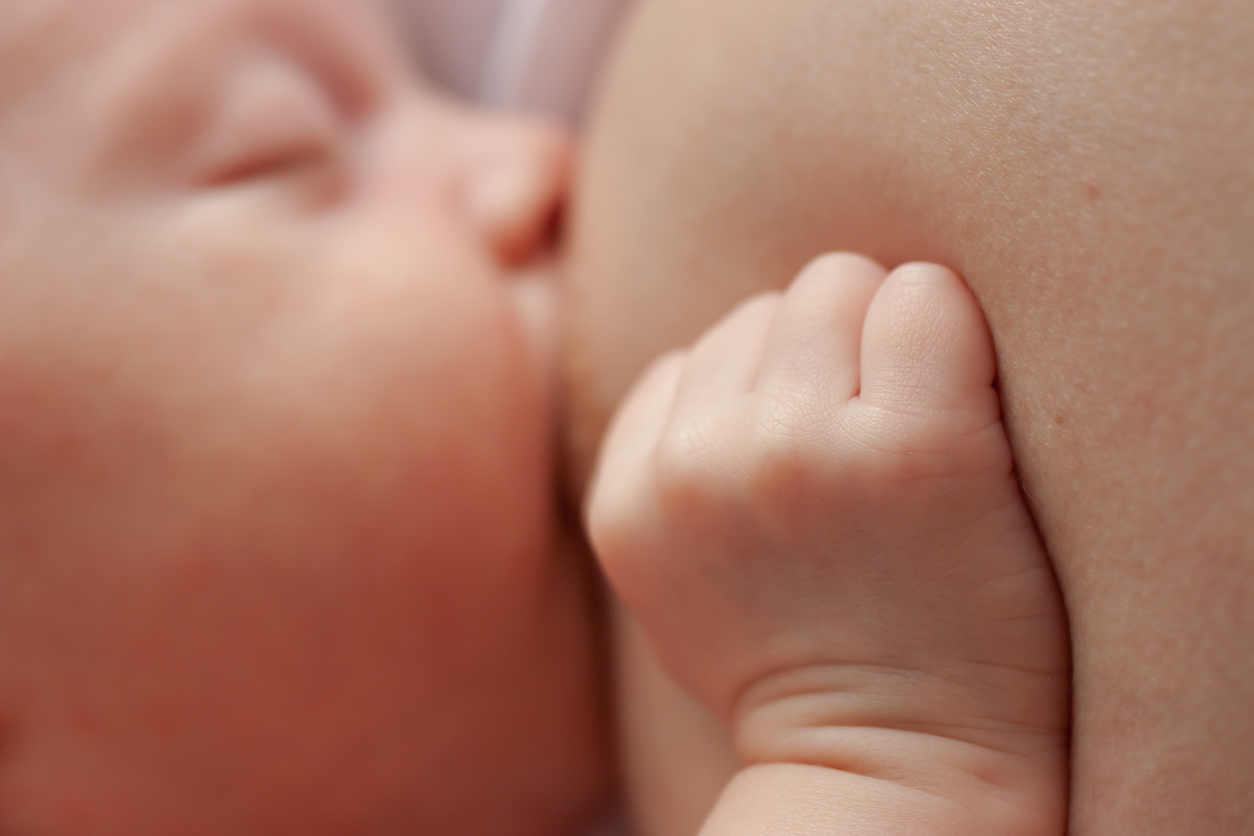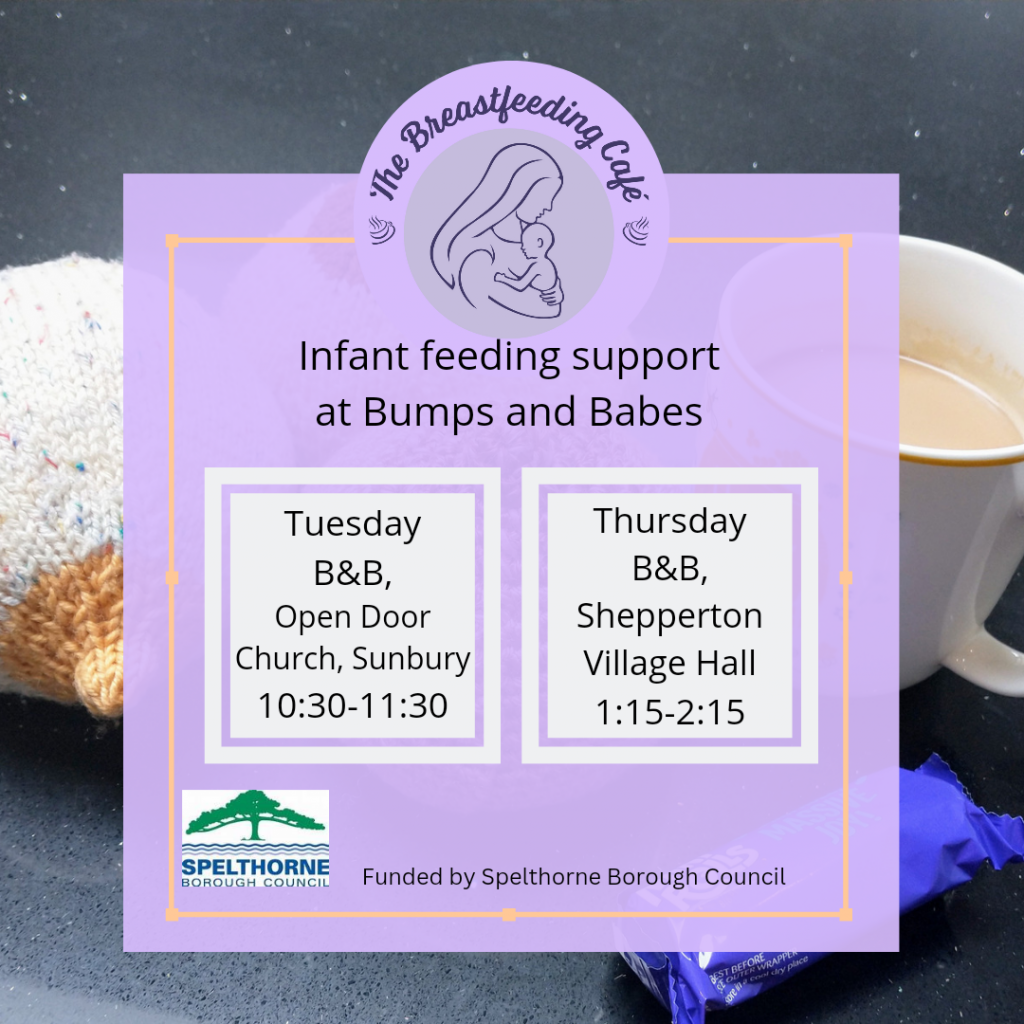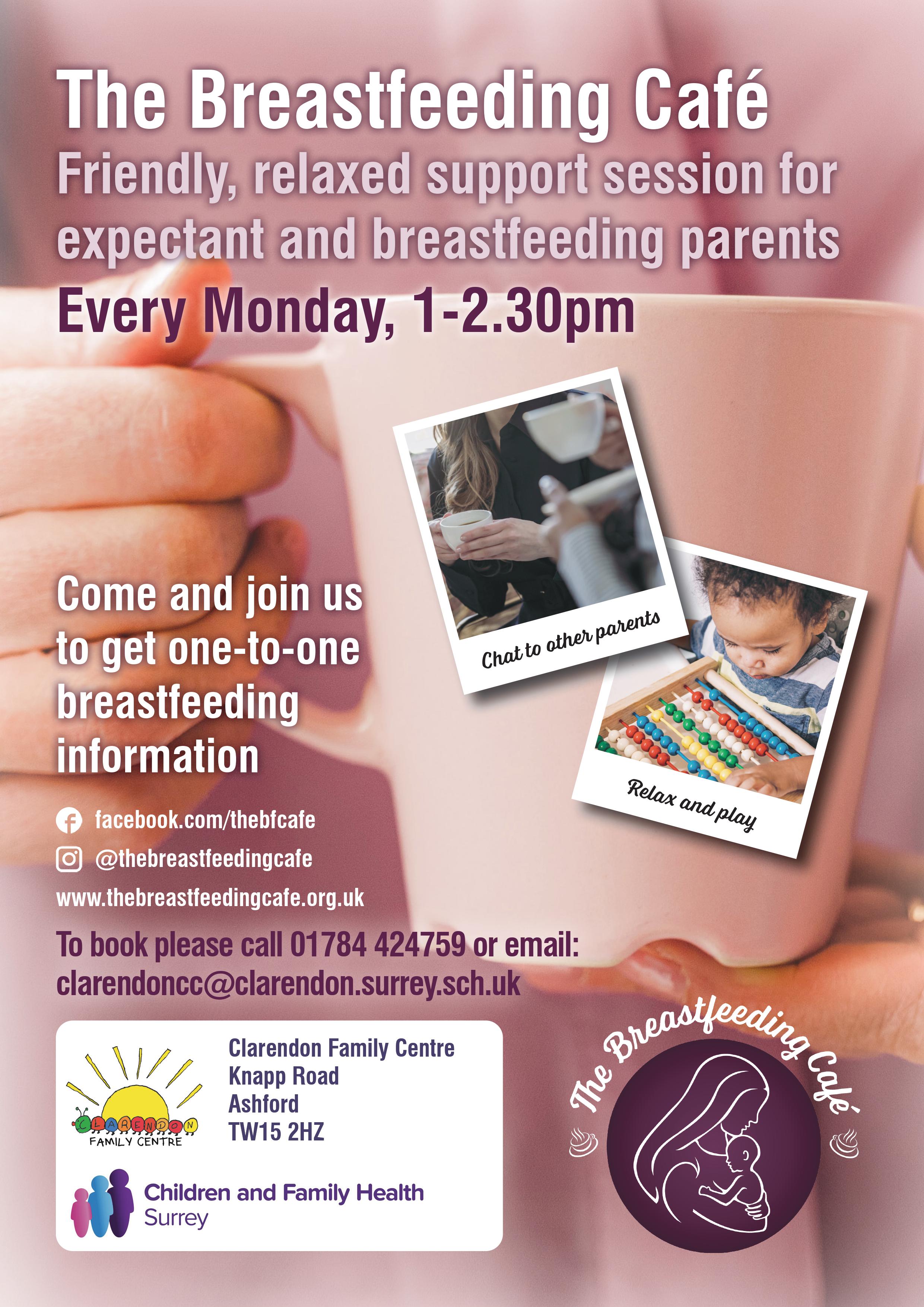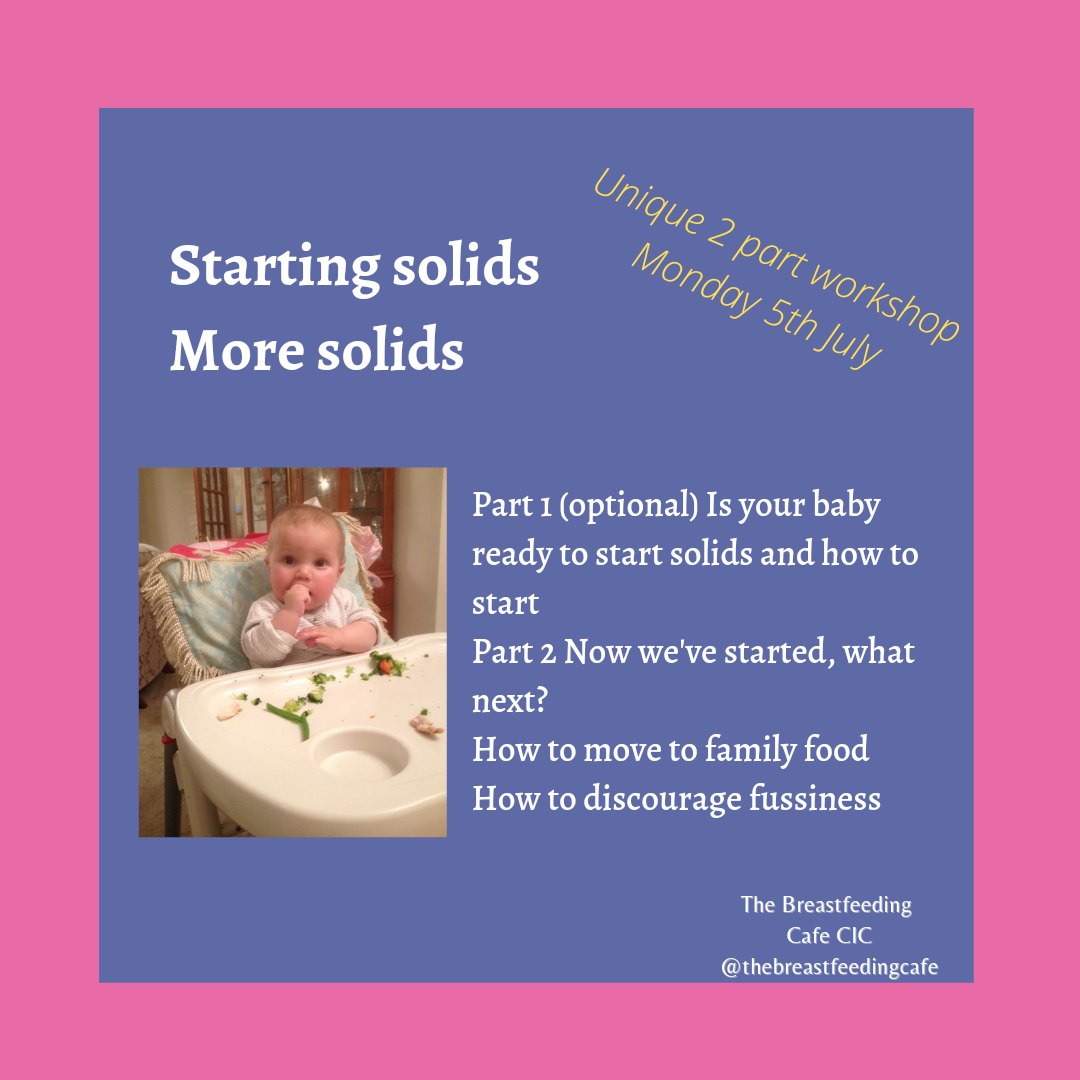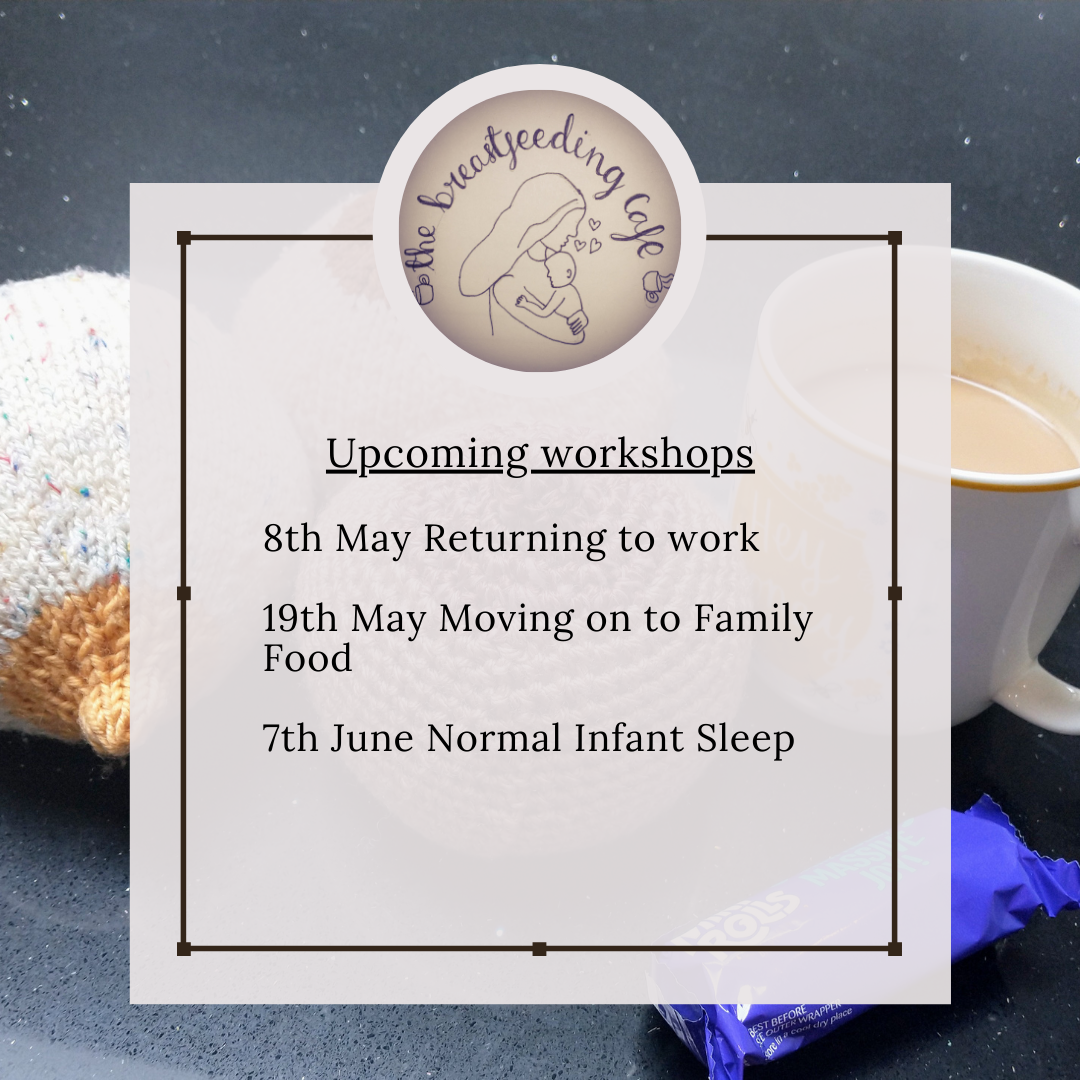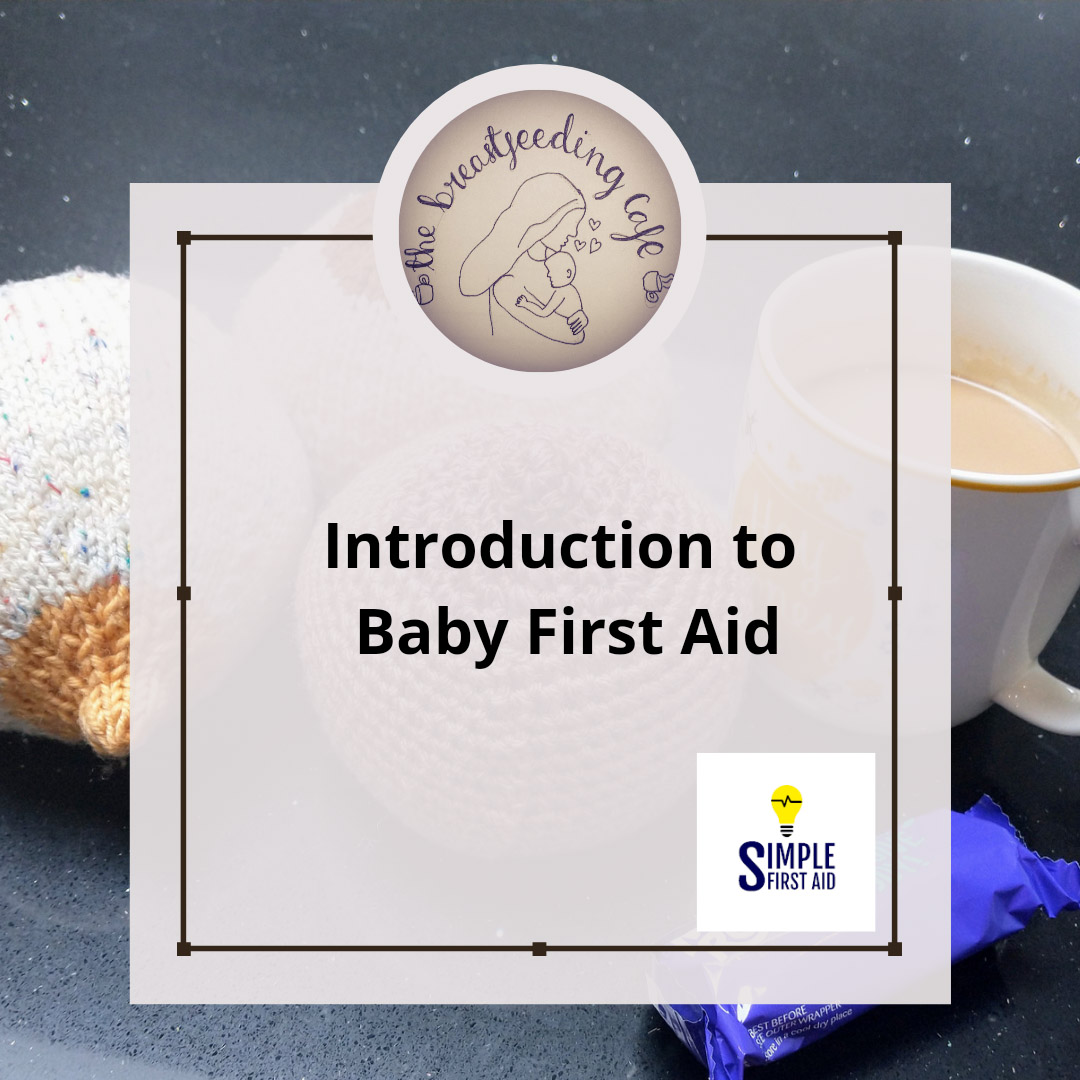Milk Supply – probably one of the biggest concerns of breastfeeding mothers; “Will I make enough milk”, “How do I know I am making enough milk?”
Milk is made on a “supply and demand” basis; the more you feed your baby, the more milk you make; the more the breast is stimulated the more milk is made! We cannot measure how much milk is made in terms of how many mls or oz of milk. We sometimes hear people talking about expressing to find out how much milk they’ve got. They express, get what appears to be a small quantity of milk, then assume they aren’t making much milk. This is so sad, because the amount of milk someone can express with a pump bears no relation to the amount a well latched baby can get.
It’s all because of our hormones and how milk is made! There are two hormones involved in milk production – Prolactin and Oxytocin. Prolactin helps milk to be made. Oxytocin causes the “let-down”, which is when the milk is released to the baby.
Oxytocin is known as the love hormone. A mother loves her baby. When the baby nuzzles at the mother’s breast this stimulates the brain to release oxytocin. Oxytocin acts on the breast tissue causing a “let-down” – the breast muscles contract, squeezing the milk down through the ducts to the baby sucking at the nipple. The oxytocin also helps strengthen the special bond between mum and baby.
Most women don’t “love” their breast pump or have a special bond with their breast pump. It doesn’t stimulate an oxytocin rush in the same way that a baby does. So when a woman expresses she may find it more difficult to get her breasts to “let-down” the milk – So the oumo gets less milk than her baby can get.
If a woman is tired, stressed, unwell, in pain or embarrassed this can inhibit the release of oxytocin. If feeding isn’t going very well, she may be feeling all of these things, so if she tries to express she may not get a lot of milk. However, if she keeps trying her response to the pump will probably relax. It’s normal to get a small amount of milk initially, but this can increase with continued expressing.
Expressing does help to increase milk supply because when she expresses the breast is stimulated (even if it is less stimulated by a pump than by a baby). Milk is removed. This tells the body milk is being used so signals the need to make more.
Expressing tips
- Milk is generally more abundant in the morning when prolactin levels are higher.
- It’s usually easier after baby has fed, because baby had done the hard work in stimulating the oxytocin and starting the let-down.
- Relaxing can make expressing easier; if possible find a quiet comfortable place away from distractions.
- Expressing from both breast for short times can more productive than longer time at one (eg alternating right-left-right-left etc, for a few minutes at each can get more milk than one longer stint at each).
- Cuddle baby , or Think of baby, have something that reminds you of baby – photo or baby’s blanket, etc – to help stimulate oxytocin.
